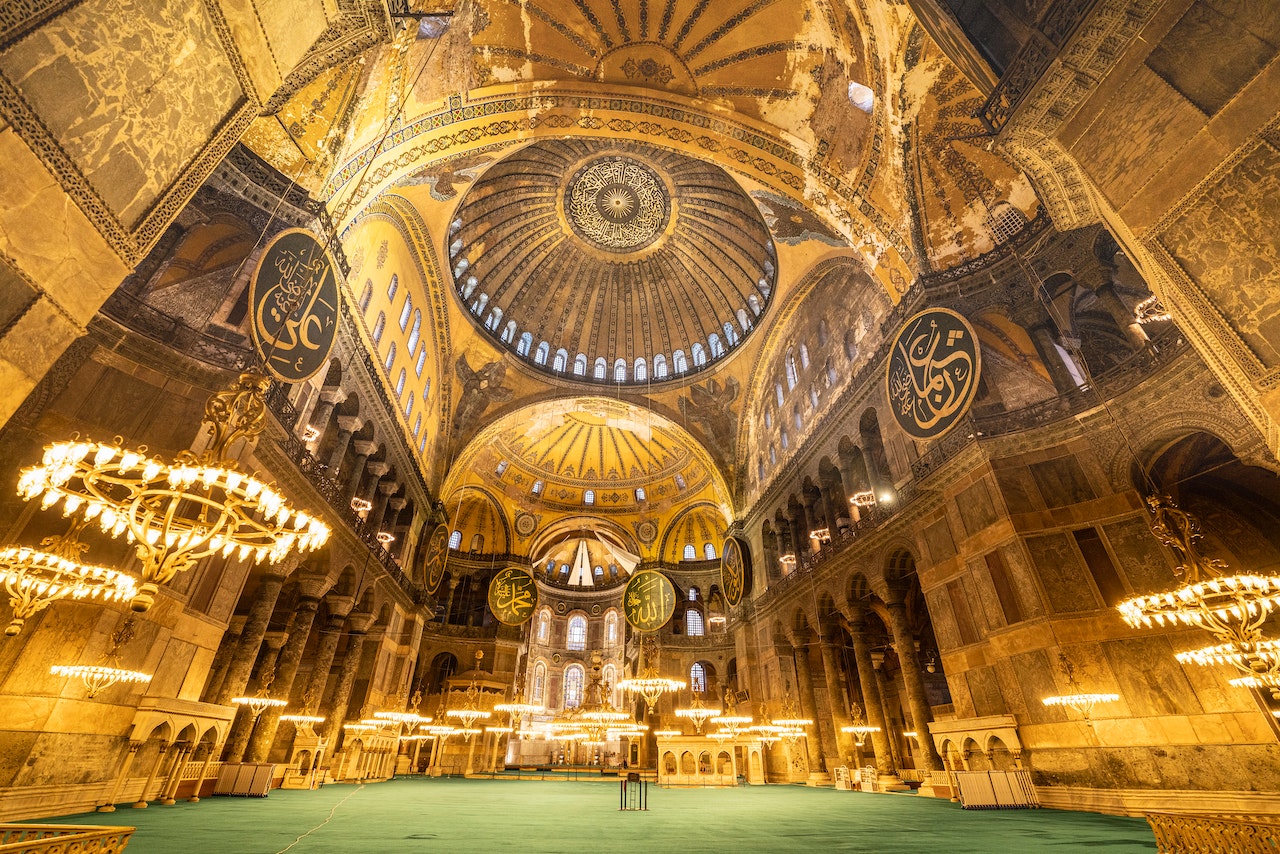Unveiling the Cosmic Wisdom: Insights into Ancient Muslim Astrologers

Discover the fascinating world of ancient Muslim astrologers, their contributions to astrology, and the cultural significance of their cosmic insights in this insightful article.
Introduction
The annals of history are replete with tales of scholars and luminaries who have left an indelible mark on various fields. Among these brilliant minds, ancient Muslim astrologers stand out as celestial navigators who not only delved into the mysteries of the cosmos but also shaped the course of astrology as we know it today. In this article, we delve into the life, contributions, and cultural significance of these remarkable figures whose cosmic insights continue to inspire and intrigue.
The Golden Age of Islamic Astrology
During the Islamic Golden Age, spanning from the 8th to the 13th century, Muslim scholars made remarkable strides in various fields, including mathematics, medicine, astronomy, and astrology. The cultural exchange and rich intellectual environment fostered by the Islamic empire facilitated the translation of ancient Greek, Persian, and Indian texts, which laid the foundation for a unique blend of knowledge.
Pioneering Figures and Their Contributions
Albumasar (Abu Ma’shar al-Balkhi): Born in the 9th century, Albumasar is often hailed as one of the most influential astrologers of his time. His works, like the “Great Introduction to Astrology,” explored the relationships between celestial phenomena and earthly events. He emphasized the importance of understanding the positions of the planets and stars for predicting events and character traits.
Al-Kindi (Alkindus): Also known as the “Philosopher of the Arabs,” Al-Kindi was a polymath who made significant contributions to philosophy, mathematics, and astrology. His works on celestial motions laid the groundwork for later scholars to refine and expand upon astrological techniques.
Ibn Ezra (Abraham ibn Ezra): An exceptional 12th-century scholar, Ibn Ezra’s astrological writings integrated Jewish, Arabic, and Latin astrological traditions. His works, including “The Beginning of Wisdom,” are revered for their comprehensive exploration of astrological principles and their impact on human destiny.
Cultural Significance and Legacy
Ancient Muslim astrologers didn’t just study the stars; they influenced cultural perceptions and decision-making processes. Their insights were sought after by rulers, leaders, and common folk alike. Astrology played a role in guiding everything from personal choices to matters of state.
Astrological Techniques and Instruments
These ancient astrologers used astrolabes, celestial globes, and other instruments to chart celestial movements and predict events. The astrolabe, in particular, played a crucial role in mapping the skies and remains an iconic symbol of Muslim astronomical prowess.
Conclusion
The legacy of ancient Muslim astrologers transcends time, as their celestial insights continue to captivate modern minds. Their contributions to the field of astrology and the wider cultural impact of their work underscore the profound interconnectedness of knowledge and human progress. In a world where the stars and planets still hold a mystique, these luminaries remind us of the enduring allure of the cosmos and the boundless potential of human inquiry.
As we look to the heavens today, let us remember the luminous trailblazers of the past who navigated the cosmic seas with intellect, curiosity, and a profound understanding of the intricate dance between the stars and human destiny.








Connect me